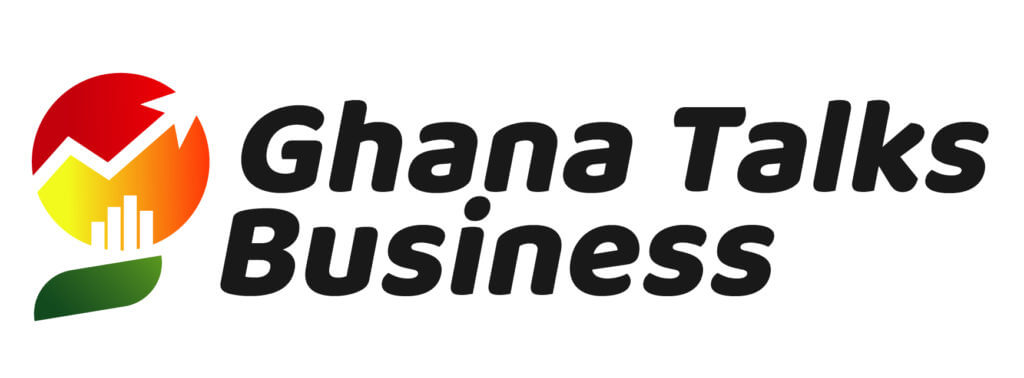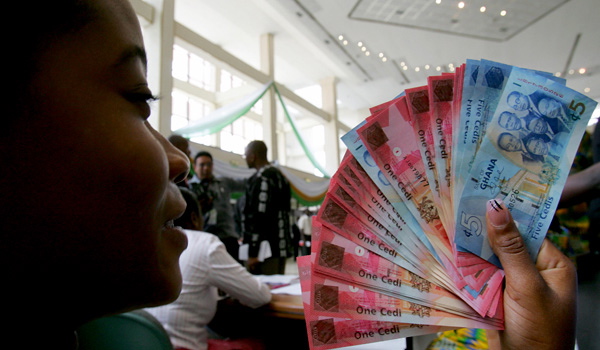After maintaining the policy rate at 14.5% for 6 six consecutive times, the Monetary Policy Committee of the Bank of Ghana has reduced the policy rate by 100 basis points to 13.5%. This reduction is a first since November 2019.
According to Bank of Ghana Governor, Dr Ernest Addison, the easing of inflation pressures and a rebound in economic activity are the reasons why the Monetary Policy Committee decided to reduce the policy rate.
Currently, headline inflation stands at 8.5%, a drop from 10.3% in March and within the medium target band of 8±2%. This is mainly due to lower food prices, stable exchange rates, and a stable monetary policy.
He further explained that despite the low inflation rate as a result of lower food prices “rents and transport fares, would require some monitoring to anchor inflation expectations.” With regards to the introduction of new taxes and the rise in fuel prices, Dr Ernest Addison is confident that the inflation rate will not experience an increase.
“The cut in the policy rate reflects the confidence of the Committee that the recent increases in fuel prices and taxes will not necessarily lead to increases in the rate of inflation,” Dr. Ernest Addison, said.
Policy Rate Cut – What this means for Individuals & Businesses
With a drop in the Monetary Policy Rate, it is expected that banks would similarly reduce their lending rates. Theoretically, businesses may access more loans. This is true but not so fast. Banks would mostly not immediately adjust their lending rates, to curb a bit of repricing risk. However, the general underlying factor for the cost of funds is now relatively lower. The rising cost of doing business may also mitigate against the immediate or a corresponding reduction of your bank’s cost of borrowing.
Borrowers (individuals or businesses) should also be aware they may incur other costs like loan monitoring fee, processing fee and cash locked up as collateral, which could still make cost of borrowing quite significant. It is expected that loan monitoring fee could shoot up because there is more pressure on banks now to maintain asset quality and monitoring is one way to achieve that.
Lending rates may be reduced but beware of the other charges that may make the general cost of borrowing high. However, a borrower can negotiate on the lending rate and other loan charges.
In an interview monitored by Ghana Talks Business, Nana Otuo Acheampong, a banking consultant noted that the impact of the policy rate on commercial banks’ interest rate may take 3 months to be affected instead of the usual 4-6 months given the competition amongst banks.
“The business community should be excited. The problem, however, is the transmission rate. Fortunately, because of the competitive nature in the banking sector, some might jump the gun and reduce their interest rates almost instantaneously. I believe in competition and, unlike previously, this should force them to quicken the transmission rate and bring down their interest rates,” Nana Otuo Acheampong said.
“Under normal circumstances, the transmission of the reduction should happen within four to six months. But due to competition, I won’t be surprised if the reduction happens in about two to three months,” he further added.
On the other hand, the reduction in the policy rate will reduce the treasury bill rate. With lower interest rates, depositors or individuals who purchase treasury bills will receive a lower interest rate on their investment.







